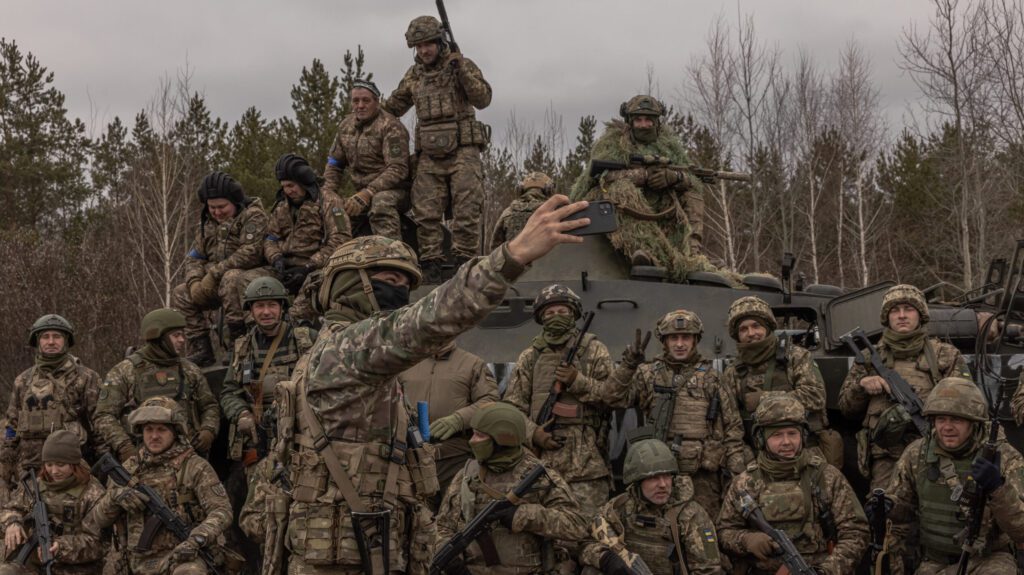The Russian Armed Forces have a rich history and have undergone significant modernization and expansion in recent years. With over 1 million active-duty personnel and a large reserve force, Russia has a strong manpower pool for deploying forces globally. Additionally, their formidable nuclear arsenal and advanced technological capabilities give them a significant edge in firepower. However, they face challenges with aging infrastructure, reliance on conscription, limited logistics, and economic constraints. Despite these weaknesses, the Russian military remains a powerful force on the global stage, able to influence events in various regions. As Russia continues to enhance its military capabilities, it is crucial to monitor its evolving posture closely.
The Russian Armed Forces have a long and storied history, with a proud tradition of military strength and conquest. In recent years, the Russian military has undergone significant modernization and expansion, bolstering its capabilities and increasing its global influence. In this article, we will take a closer look at the strengths and weaknesses of the Russian Armed Forces, examining their capabilities in various areas and assessing their ability to project power on the global stage.
Strengths:
1. Size and manpower: The Russian Armed Forces are one of the largest military forces in the world, with over 1 million active-duty personnel and an additional 2 million in reserve. This large manpower pool allows Russia to rapidly deploy and sustain its forces in a variety of theaters and situations.
2. Nuclear arsenal: Russia possesses one of the largest nuclear arsenals in the world, with a diverse array of intercontinental ballistic missiles, submarine-launched missiles, and strategic bombers. This formidable nuclear deterrent serves as a key pillar of Russian military strategy and ensures that any potential adversary must think twice before engaging in open conflict with Russia.
3. Technological capabilities: In recent years, Russia has made significant strides in modernizing its military equipment and capabilities, developing advanced weapons systems such as the S-400 air defense system, the T-14 Armata tank, and the Su-57 stealth fighter. These advanced weapons systems give the Russian military a significant edge in terms of firepower and lethality.
4. Strategic geographic position: Russia’s vast size and strategic location give it a unique advantage in terms of projecting power and influencing events in Europe, Asia, and the Middle East. The country’s access to key strategic locations such as the Black Sea, the Baltic Sea, and the Arctic Ocean allows it to exert significant influence over regional affairs.
Weaknesses:
1. Aging infrastructure: Despite recent modernization efforts, much of Russia’s military infrastructure is outdated and in need of repair or replacement. Many of the country’s military bases, airfields, and naval facilities are in need of modernization, which could hamper the Russian military’s ability to deploy and sustain forces in a crisis.
2. Dependence on conscription: Russia relies heavily on conscription to fill its ranks, which can lead to issues with morale, training, and professionalism. Many conscripts are poorly trained and lack the skills and experience needed to operate modern weapons systems effectively.
3. Limited logistical capabilities: Russia’s vast size and harsh climate present significant challenges in terms of logistics and sustainment. The country’s ability to rapidly deploy and sustain forces over long distances and in harsh environments is limited, which could impact its ability to conduct extended military operations.
4. Economic constraints: Russia’s economy is heavily dependent on oil and gas exports, which can fluctuate significantly in response to global market conditions. This reliance on energy exports could impact the country’s ability to sustain its military modernization efforts and maintain a high level of military readiness.
In conclusion, the Russian Armed Forces possess significant strengths in terms of size, nuclear capabilities, and technological prowess. However, the military also faces significant challenges in terms of aging infrastructure, reliance on conscription, limited logistical capabilities, and economic constraints. Despite these weaknesses, the Russian military remains a formidable force on the global stage, capable of projecting power and influencing events in a variety of regions. As Russia continues to modernize and expand its military capabilities, it will be important for policymakers and analysts to closely monitor developments and assess the country’s evolving military posture.
